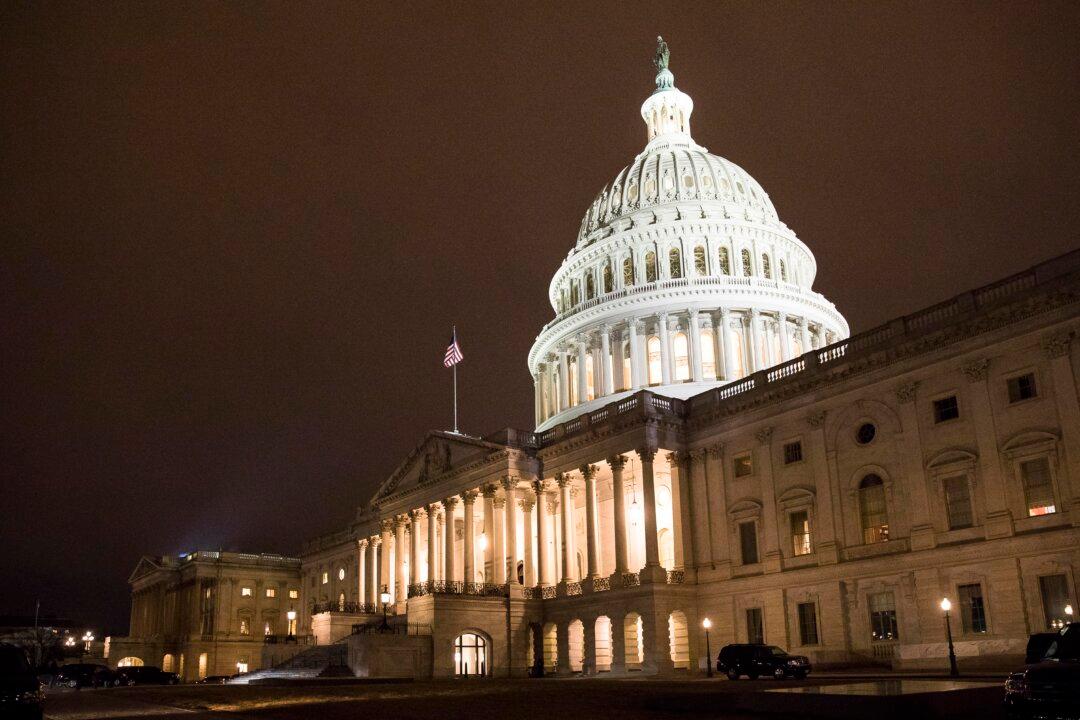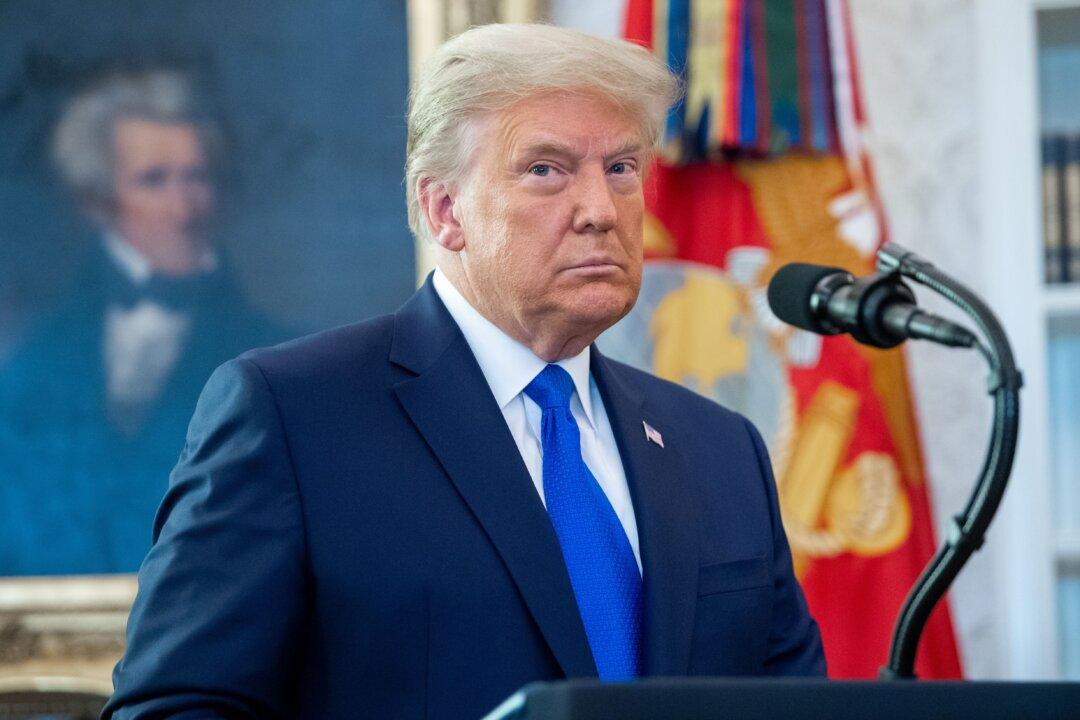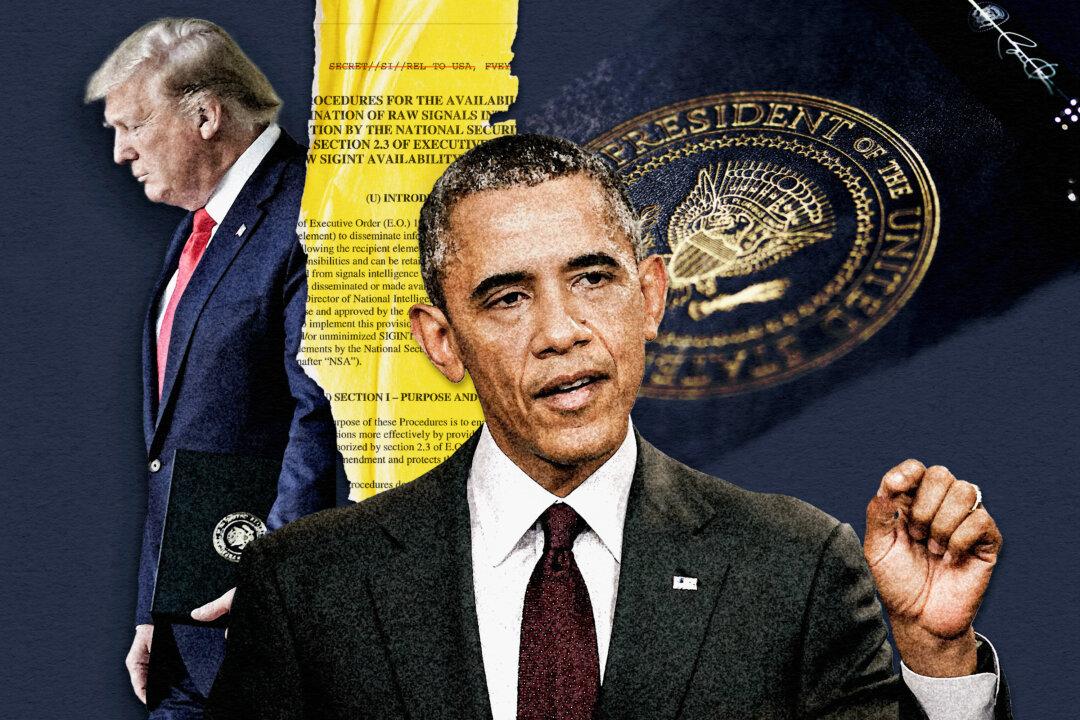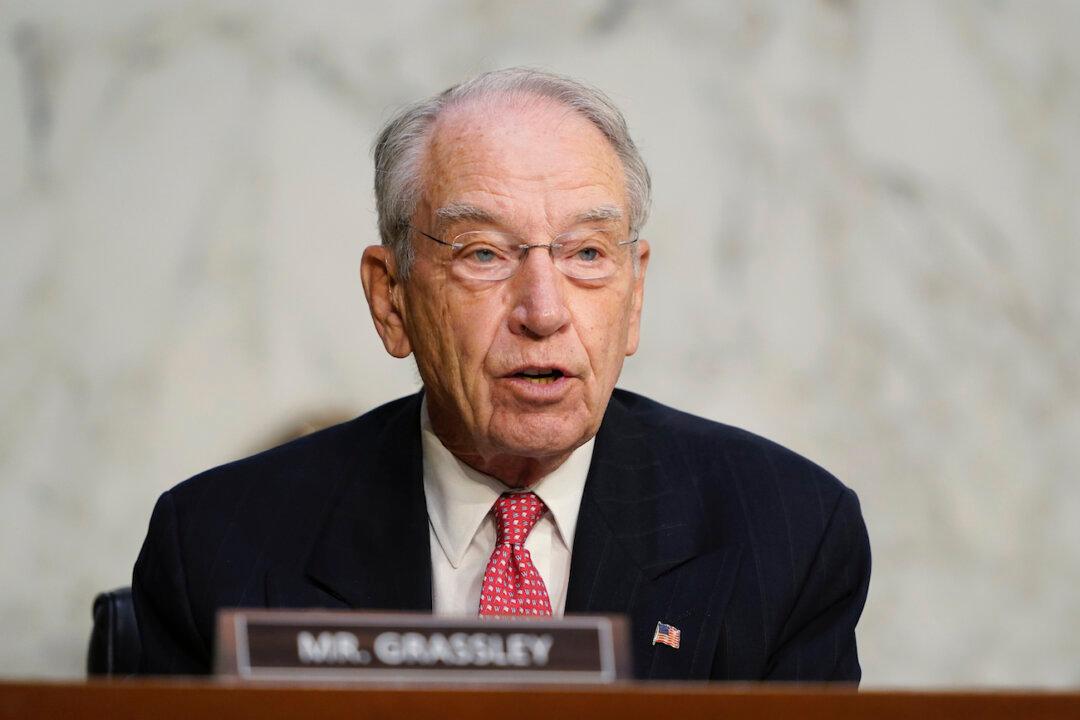James Baker, the former general counsel at the FBI, provided a stunning testimony to congressional investigators in October last year.
The career lawyer, who left the FBI in May 2018, played a significant role in the investigation of then-candidate Donald Trump. Transcripts of Baker’s two testimonies before Congress were reviewed by The Epoch Times for this article.





